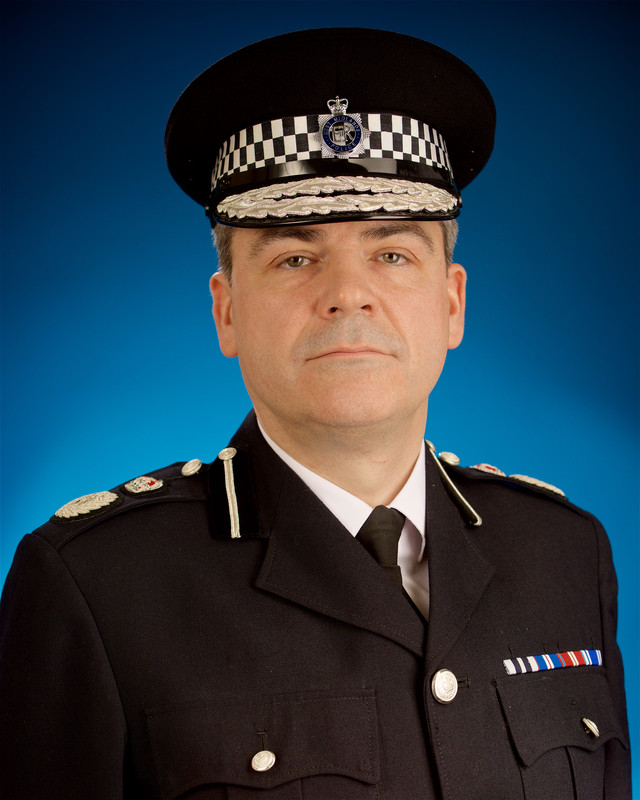West Midlands chief constable defends force after city centre attacks in which university worker died
Police response to the Birmingham stabbing spree in which a university employee was killed and seven other people were attacked earlier this month, will be reviewed after the West Midlands force was was criticised for its reaction times.
David Jamieson, the police and crime commissioner for the West Midlands, confirmed the review at the force’s monthly strategic crime board meeting, and said he was awaiting a report on the “exceptional” attacks.
Jacob Billington, 23, from Liverpool, was killed in the city centre attack while out with friends. Another 23-year-old member of the group, who were visiting a friend studying in Birmingham, was seriously injured and is still in hospital.
Jamieson said: “We will publish a written paper to this board to review the circumstances of the stabbings and the subsequent events, so as to ensure any lessons are identified and acted on.”
An inquest on 14 September heard that the man suspected of the attacks, Zephaniah McLeod, returned to his home in Selly Oak, Birmingham, during the spree early on 6 September. McLeod, 27, who was arrested at 4am the following day, is awaiting trial charged with murder and seven counts of attempted murder.
During the online crime board meeting, the chief constable of West Midlands police, Dave Thompson defended his officers’ “reasonable and well-considered” response to the attack.
Addressing concerns of delays in releasing footage of the murder suspect, Thompson said that CCTV footage of McLeod was issued around 90 minutes after detectives had secured it. In a statement to the crime board meeting, the chief constable said there was “almost an hour’s gap” between the initial stabbings and later attacks.
Thompson, who confirmed one person remained critically ill in hospital, said: “Everybody in the city of Birmingham is stunned by these terrible attacks. The fact the victims could have been any one of us, or any of those we love, makes crimes like these seem very, very close to home. The thoughts of everybody in West Midlands police are with these victims, their families and friends.”
He said the full facts of the incidents were matters for the courts, but he felt it was necessary to comment on criticism of the police response to the incidents.
“The first issue is there has been some criticism of the force because there’s a belief the suspect was allowed to wander around the city centre of Birmingham for two hours between the first and final attack.
“The first three victims’ attacks were reported to the police between 12.31am and 12.52am on 6 September. At 1.23am the initial investigation identified links between the two incidents. There was then almost an hour’s gap until the next two attacks were reported to the police. They were reported at 1.50am and 1.59am.
“Evidence presented to the court in this case will allege the suspect left the city centre after the first three victims were attacked, returning to another part of the city centre around an hour later. This addresses why the prime suspect was not located between the two sets of incidents.”
Thompson cited response times for the four “clusters” of attacks, and said multiple firearms officers, Taser units, traffic resources and the police helicopter had been deployed. “I believe the prompt police and equally swift ambulance response will subsequently be shown to have saved lives,” he said.
guardian.co.uk © Guardian News & Media Limited 2010
Published via the Guardian News Feed plugin for WordPress.




